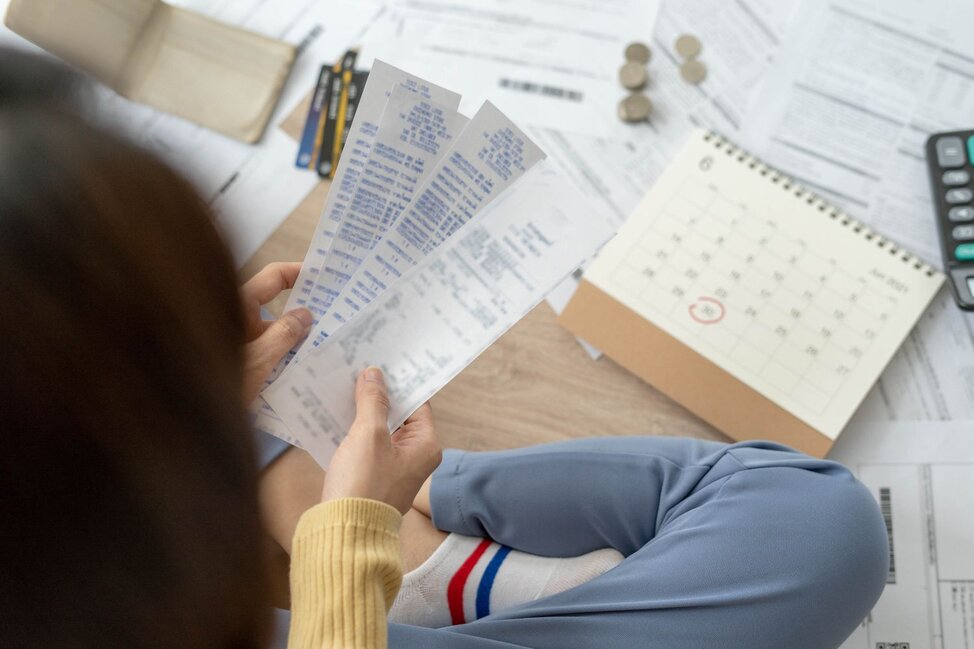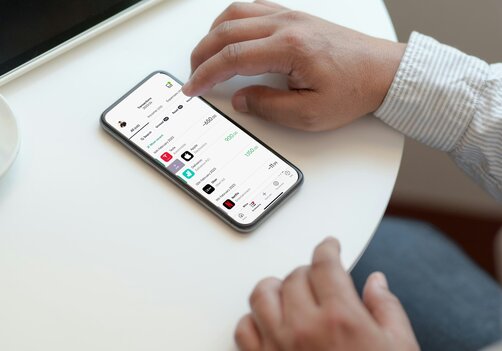Navigate Expense Claims Without Receipts

When it comes to claiming work expenses without receipts, many individuals find themselves overwhelmed. Whether you’ve misplaced a receipt or never received one in the first place, it doesn't necessarily mean you can't claim the expense. This guide provides a comprehensive look into how you can successfully claim your work expenses even when you don't have the physical proof.
Claiming work expenses without receipts may seem daunting at first. Without solid evidence, many assume it's impossible to proceed with a claim. However, the reality is that while receipts are crucial, they are not the only means to verify an expense. By adopting meticulous record-keeping practices and using digital tools, claiming without receipts can become a streamlined process. Understanding this process not only alleviates stress but also maximises your refund potential.
In the UK, HMRC requires proof that the purchases were business-related. But if receipts are missing, alternative proofs like bank statements, invoices, or logs can be key. Leveraging the Pie Tax App can assist you in tracking and organising these alternative documents, ensuring you’re prepared if HMRC inquiries arise. Remember, consistency is the key; keeping a regular log of expenses and their business justifications will help support your claims.
Alternatives to Receipts for Expense Claims
Without receipts, documented evidence such as bank statements or invoices can substantiate your claims. While not as straightforward as receipts, when documented clearly, these can serve as effective alternatives.


Using Tech to Aid in Expense Tracking
Technology can be a saviour in maintaining records. Apps like Pie Tax provide platforms to log expenses, attach digital copies of receipts, and maintain thorough records for tax compliances.

Recent studies show that 60% of UK claimants have successfully used bank statements as evidence in the absence of receipts, illustrating the feasibility of alternative documentation methods.Latest Statistics on Claim Acceptance

It’s noted that HMRC audits have found satisfactory grounds in 70% of claims processed without physical receipts, given adequate alternative documentation is provided. This reflects a positive outlook for those who may lack traditional receipts.HMRC Auditing Trends

In-depth Steps to Claim Without Receipts
To claim expenses without receipts, begin by collating any and all supplementary documents connected to the transaction. This might include emails from suppliers confirming purchases, bank transactions showing exact amounts correlating to the business expenditure, or even photographs of products or services acquired. Such evidence creates a narrative that justifies the expense.
While collating, ensure each document is accurately dated and linked to its respective transaction. It's crucial to build a robust argument showing the essential nature of the expense to your business operations. Once you have gathered alternative proof, systematically categorise these to demonstrate the flow of transactions in an organised manner.
Benefits of Digital Expense Management
Transitioning to digital tools for expense management offers an array of benefits. The Pie Tax App, for instance, not only aids in logging expenses but also integrates features that align with HMRC's digital tax requirements. Digitised records are less prone to data loss compared to physical records, and the automation features within such applications ensure every penny is accounted for and categorised correctly.
By embracing these digital solutions, you're not only keeping accurate records but also reducing the time and stress associated with tax preparation. Furthermore, expert tax assistants available via the Pie Tax platform provide on-the-go advice, ensuring your claims remain compliant with the latest tax laws.

Key Tips for Successful Claims

Keep digital copies of all possible documentation.Record Keeping

Regularly update your expense log to avoid last-minute rushes.Up To Date Everything

Consult digital tools for efficient organisation of paperwork.Seek Flexibility

Fun Facts
Technology has reduced tax preparation mishaps significantly, with over 50% of UK taxpayers relying on digital means for successful claims, illustrating the vast potential of apps in ensuring compliance.
Practical Advice for Handling Missing Receipts

First, act promptly when you discover a receipt is missing. Start by retracing your transaction to collect any form of documentation that can corroborate the expense, such as emails, invoice copies, or notes. This proactive approach can prevent overlooking any claim.
If you find yourself continuously in situations where receipts go missing, consider setting up a habit to digitise every receipt at the time of purchase. Apps allow instant photographing and storage of receipts, making the loss of the physical document virtually irrelevant while also preparing you for personal or professional tax audits.

A robust documentation system is vital for confidently filing claims without receipts. Begin by integrating organisational tools like filing systems to keep all alternative documents readily accessible. Ensure that every transaction’s records are complete with relevant dates and amounts.Building a Robust Alternative Documentation System

In instances where you lack receipts, keep open communication with HMRC. Being proactive in explaining circumstances while offering all available documentation often reassures HMRC of your claim's legitimacy and fosters a smoother processing period.Communication with HMRC
Summary
Claiming work expenses without receipts involves strategic organisation and use of available technology. By combining alternative documentation methods and adopting digital tools like the Pie Tax App, taxpayers can confidently submit expense claims without physical receipts. These tools not only safeguard against potential audits but also simplify processes for future claims.
In summary, it’s essential to maintain consistent records, utilise digital applications for efficiency, and understand the HMRC’s requirements to maximise tax refunds effectively. As digital solutions evolve, they offer taxpayers innovative ways to ensure compliance and optimise tax benefits to their fullest.
Frequently Asked Questions
What is an alternative to a receipt for expense claims?
Bank statements, invoices, or supplier emails can serve as valid alternatives in substantiating a claim.
Can I claim any expense without a receipt?
Yes, but it's crucial to provide procedural evidence like bank statements or logs proving the transaction's business nature.
How can apps help in tracking expenses?
Apps offer features like automatic logging and digital storage of receipts, which facilitate easy organisation and retrieval of expense data.
Do most apps integrate with HMRC digital requirements?
Modern apps like the Pie Tax App conform to HMRC’s Making Tax Digital initiative, ensuring seamless filing.
What if HMRC audits a claim without receipts?
Provide comprehensive alternative documentation. Transparency and organisation greatly assist in resolving such audits favorably.




